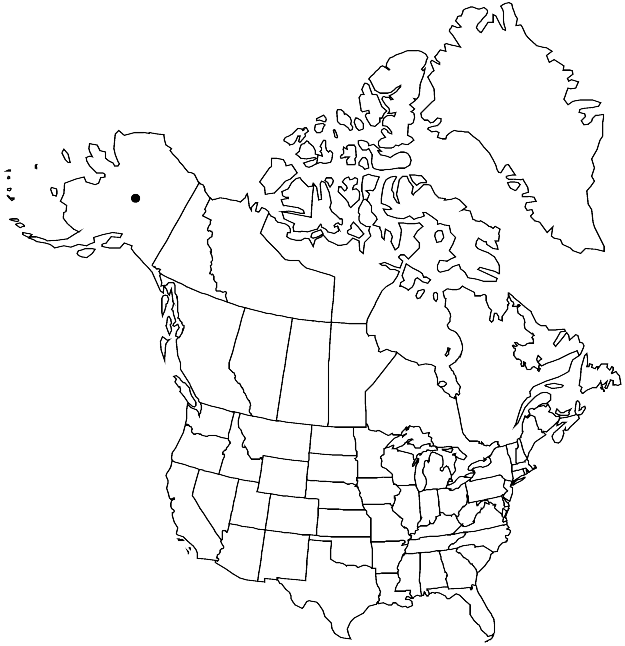Difference between revisions of "Sciuro-hypnum ornellanum"
Arctoa 11: 270. 2003.
FNA>Volume Importer |
imported>Volume Importer |
||
| (2 intermediate revisions by 2 users not shown) | |||
| Line 58: | Line 58: | ||
|publication year=2003 | |publication year=2003 | ||
|special status= | |special status= | ||
| − | |source xml=https:// | + | |source xml=https://bitbucket.org/aafc-mbb/fna-data-curation/src/2e0870ddd59836b60bcf96646a41e87ea5a5943a/coarse_grained_fna_xml/V28/V28_718.xml |
|genus=Sciuro-hypnum | |genus=Sciuro-hypnum | ||
|species=Sciuro-hypnum ornellanum | |species=Sciuro-hypnum ornellanum | ||
Latest revision as of 21:37, 5 November 2020
Plants medium-sized, in loose tufts, green to light green. Stems to 8 cm, creeping to ascending, curved, terete-foliate, irregularly to regularly pinnate, branches to 10 mm, straight to curved, terete-foliate. Stem leaves appressed, imbricate, broadly ovate to broadly oblong, strongly concave, not or slightly plicate, 1.2–1.8 × 0.7–1.1 mm; base broadly short-decurrent; margins plane or recurved proximally, serrulate to subentire; apex broadly acute, often short-apiculate; costa to 20–70% leaf length, broad proximally, rapidly narrowing distally, terminal abaxial spine absent; alar cells 20–35 × 15–25 µm, walls relatively thin, region distinctly or sometimes slightly differentiated, pellucid; laminal cells elongate, 25–110 × 5–8 µm; basal cells indistinctly broader and shorter, region in few rows. Branch leaves similar, in narrow branches much narrower; margins serrulate. Sexual condition autoicous. Seta reddish, 1.5–2 cm, rough. Capsule inclined, reddish to dark brown, shortly ovate-cylindric, slightly curved dorsally, to 2 mm. Spores 16–20 µm.
Habitat: Soil in poplar stands in hotspring areas
Elevation: moderate elevations (400 m)
Distribution

Alaska, Europe, Asia (Kazakhstan, Kyrgyzstan, Russia).
Discussion
Sciuro-hypnum ornellanum was recently discovered in Alaska by O. M. Afonina and A. Breen (2009) at two localities: Sagavanirktok Quad, Arctic National Wildlife Refuge, and Seward Peninsula, Pilgrim Hot Springs. Habitats were similar: poplar stands close to hot springs. This species was expected in Alaska, as it occurs in nearby Chukotka, and it has a scattered but wide distribution throughout Siberia. Commonly, plants grow there in tall herb vegetation or in dwarf Betula and Salix communities with rich composition of herbs where there is a relatively high snow accumulation in winter. The species is peculiar in the genus in its tumid foliage, and it was long classified in the genus Scleropodium. However, it is distinct from the latter in the soft texture (more rigid in Scleropodium), rather regular pinnate branching (irregular in Scleropodium), autoicous sexual condition, and the occurrence in Arctic and north boreal environments (as opposed to Mediterranean climates).
Selected References
None.